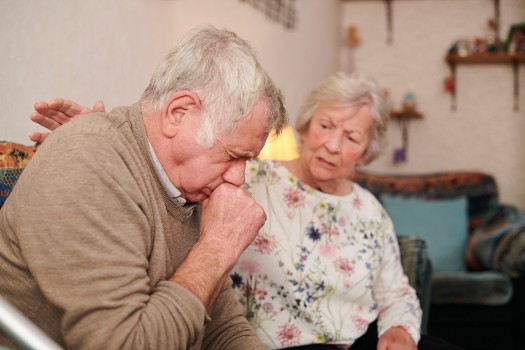The Government’s cut-off at 70 years old for people who should not leave the house during the Covid-19 epidemic is placing 7.3m people in the UK at risk, according to experts.
Writing in the Journal of the Royal Society of Medicine, Professor Azeem Majeed, head of the Department of Primary Care and Public Health at Imperial College London, said this cohort of people aged 60-69 are also at high risk of complications and death from Covid-19.
The paper, which Professor Majeed has co-authored with colleagues from Imperial College London and the University of Exeter, reached the conclusion on the basis of death rates from other countries.
It found that case fatality rates for those aged 60-69 are 3.5% in Italy and 3.6% in China, with countries including Switzerland and France recommending additional preventative measures for people aged over 65.
Professor Majeed said: ‘The UK’s policy is at variance with the World Health Organization, which states that those above the age of 60 years are at the highest risk, requiring additional preventative measures.
‘National and global spread of Covid-19 is accelerating. To reduce hospitalisations, intensive care admissions and death we recommend that those aged between 60 and 69 are particularly stringent when implementing public health measures such as social distancing and personal hygiene.’
The paper recommends that this group of people may make their own decision to isolate.
It said: ‘In the absence of government guidance, people in this group can make their own informed decisions on how to minimise their risks of Covid-19 infection. This can include isolating themselves in a similar manner to that recommended by the UK Government for people aged 70 years and over.’

















